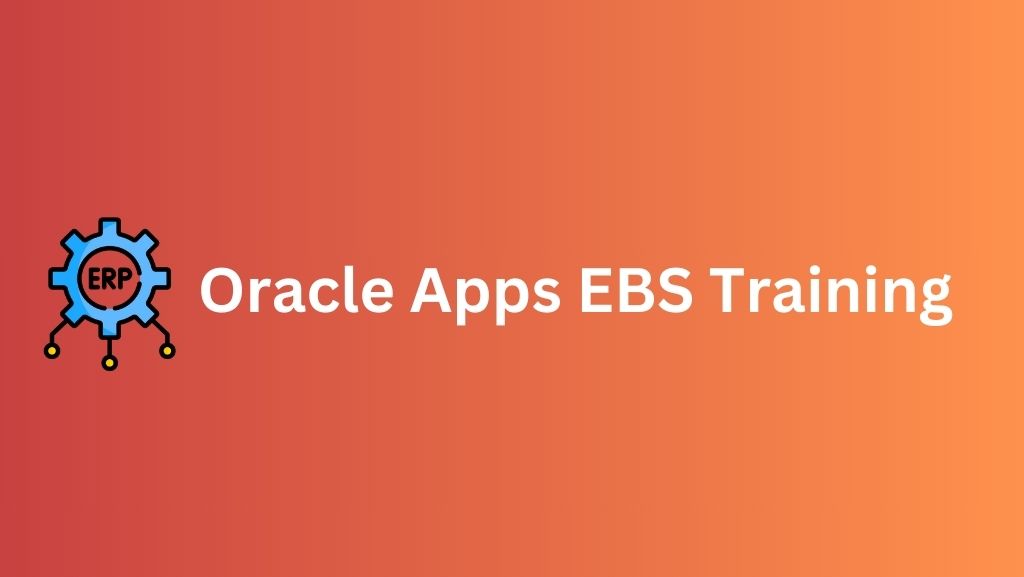Upcoming Batches for Linux
Not compatible with the above dates?
Linux Course Details
Zx Academy provides Linux Administration Training course, with all the information and abilities needed to become proficient Linux users and administrators. This extensive programme covers everything from the basics of operating systems to sophisticated system administration and scripting techniques; you will get the skills necessary to succeed in the Linux environment through interactive, real-world activities.
This Linux online Training course is an engaging program tailored for both Beginners and experienced professionals alike. Starting off with an introduction to Linux - including topics like file systems, command-line basics and user management - the course continues by delving deeper into shell scripting, system security, network administration as well as working on real world projects to apply your skills in practice environments and prepare you to become certified Linux professionals.
Course Highlights:
- Comprehensive Coverage: Our Linux online Training will cover every aspect of this operating system, giving you a solid grasp. Hands-On Experience: Through lab exercises and real world projects, our Linux Course gives you plenty of hands-on practice that'll give you valuable practical experience.
- Expert Instructors: Our instructors are industry veterans with extensive knowledge in Linux administration. Certification focus: This course is tailored to help prepare for popular Linux certifications, giving you a competitive edge in the job market.
- Flexible Learning: Choose between in-person or online classes to meet your schedule and learning preferences. Career Advancement: Linux professionals are in high demand, making this course an opportunity to open doors to various careers opportunities in IT.
What Will You Gain From This Training?
Through this training, you will acquire:
- Linux fundamentals include file systems, commands and directory structure. Shell scripting to automate tasks and increase productivity.
- System administration including user management, permissions and system security as well as network configuration and troubleshooting are essential skills.
Who Should Attend?
This course covers advanced Linux topics to prepare you for certification exams. Who Is Appropriate For Training? This training is appropriate for:
- Beginners new to Linux administration.
- IT professionals looking to increase their Linux skills.
- System administrators hoping to obtain certifications.
- Anyone interested in working with open-source technology.
What are the requirements for attending training?
No prior Linux knowledge is necessary, though an understanding of computer systems and command line usage would be an advantage. This course has been specifically tailored for both beginners and those with some prior Linux knowledge.
Why take part in this certification training?
Earning a Linux certification can significantly expand your career options. As enterprise environments continue to adapt Linux technology, certified professionals are in high demand. This training not only equips you with knowledge and skills necessary for excelling but also prepares you to sit for certification exams successfully - becoming an asset on the IT job market!
Salary Trends:
Salaries for Linux professionals vary significantly based on experience, location and specific job roles. On average, System Administrators may earn between $60k-100k annually.Are you excited about this?
Linux Curriculum
History of LINUX
Different types of operating systems
Flavors of the Open-Source OS
Difference b/w RHEL, Centos and Fedora, Debian, Ubuntu, etc
Advantages of Linux OS
Application of Linux OS
Installation methods
File system hierarchy structure
Type of consoles
Types of desktops
Filter commands
Different editors
Man pages
Hard link & Soft link
File system types
Difference between file systems
Mount techniques
Characteristics of a file system
Partition techniques
Partition creation tools
Normal partition creation
Swap partition creation
Partition troubleshooting
PV create, VG create, LV create
LV extend/reduce
More about LVM
(b) User and Group Administration
Important files related to user and group
User administration
Group administration
Password parameters
Password aging policies
Basic file permissions Read
Write Execute
Advanced fie permissions SUID SGID STICKY BIT
Access Control List
Quota database creation
Quotas based on blocks and inodes
Backup tools
SCP
Iptables
Root password recovery
Kernel parameters
SSH
Redhat Package Management (RPM)
Yellow Dog Updater Modifies (YUM)
Yellow Dog Updater Modifies (YUM)
Interactive process
Daemon process
Automate process Basic Networking:
Types of layers
Difference between protocols
IP address classes
Assign static IP
Client DNS troubleshooting
Overview of NFS
Information required to Configure NFS server
Configuration of NFS server
Configuration of NFS client
(b) File Transfer Protocol (FTP) services
Overview of FTP
Files/Packages required to configure NFS server
Configuration of FTP server
Configuration of FTP client
(c) SAMBA services
Overview of SAMBA server
Packages required to configure SAMBA server
Configuration of SAMBA server
Configuration of SAMBA client
Root password recovery
Kernel parameters
Mod_ssl self-sign SSL certificate installation
Shared/Dedicated IP based Hosting
Port-Based Hosting
Information required to configure the DHCP server
Configuration of DHCP server
Configuration of DHCP client
Packages required to configure DNS server
Configuration of DNS server
Configuration of DNS client
Information required to configure Sendmail server
Configuration of Sendmail server
Configuration of the control panel for the client
Configuration of the Syslog server
Configuration of Syslog client
Log rotation
Configuration / Installation of MariaDB
Root password recovery
Kernel parameters
Like the curriculum?
Projects on Linux
Linux Server Deployment and Configuration
Beginner students can gain hands-on experience setting up their first Linux server from scratch in this project. You will begin by selecting a distribution and installing/configuring its OS; afterward you will perform tasks such as partitioning, user account setup, basic security measures setup as well as configuring essential services like SSH/web hosting that make the server functional. By the time this project has concluded, your fully operational Linux server can be used for hosting websites to managing files/services management.
Bash Scripting:
Bash scripting is an indispensable skill for any Linux professional, and in this project beginners will learn to create scripts in Bash to automate common tasks. From file operations scripts to complex system monitoring and maintenance scripts, this project provides novice script writers a step-by-step learning path towards practical scripts which can save both time and effort in their administration duties - both reinforcing their scripting abilities as well as providing real world automation scenarios!
Project Resources
Linux Certification

Get certification or Get ahead with Zx Academy’s Certification or
Faq’s for Linux
Reviews
Matthew




